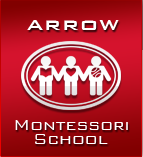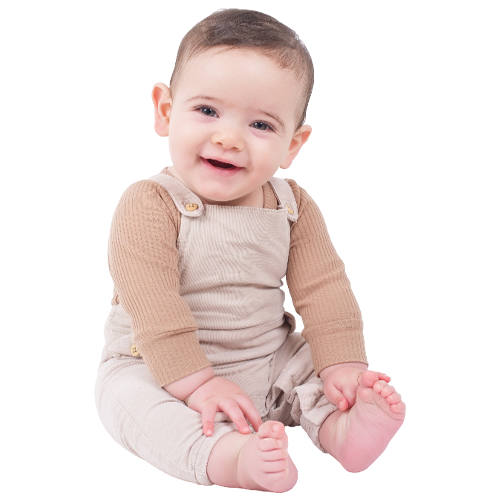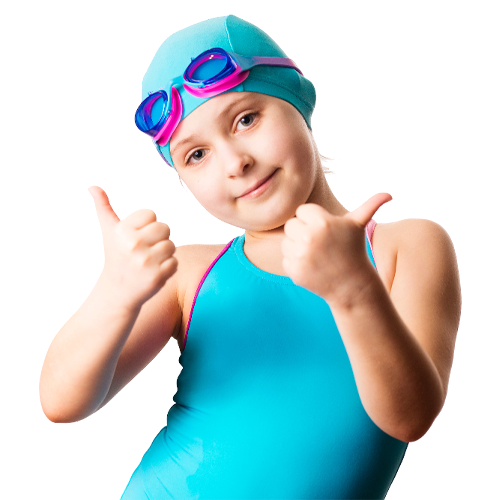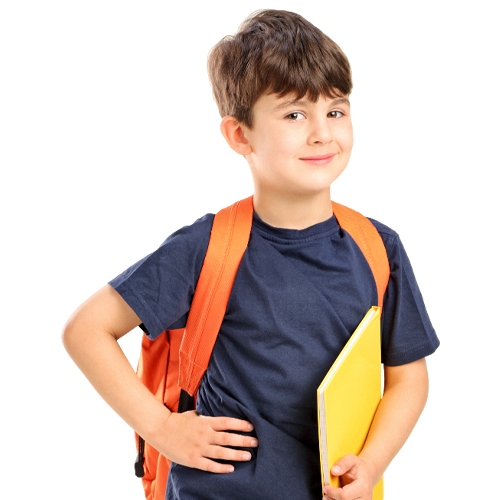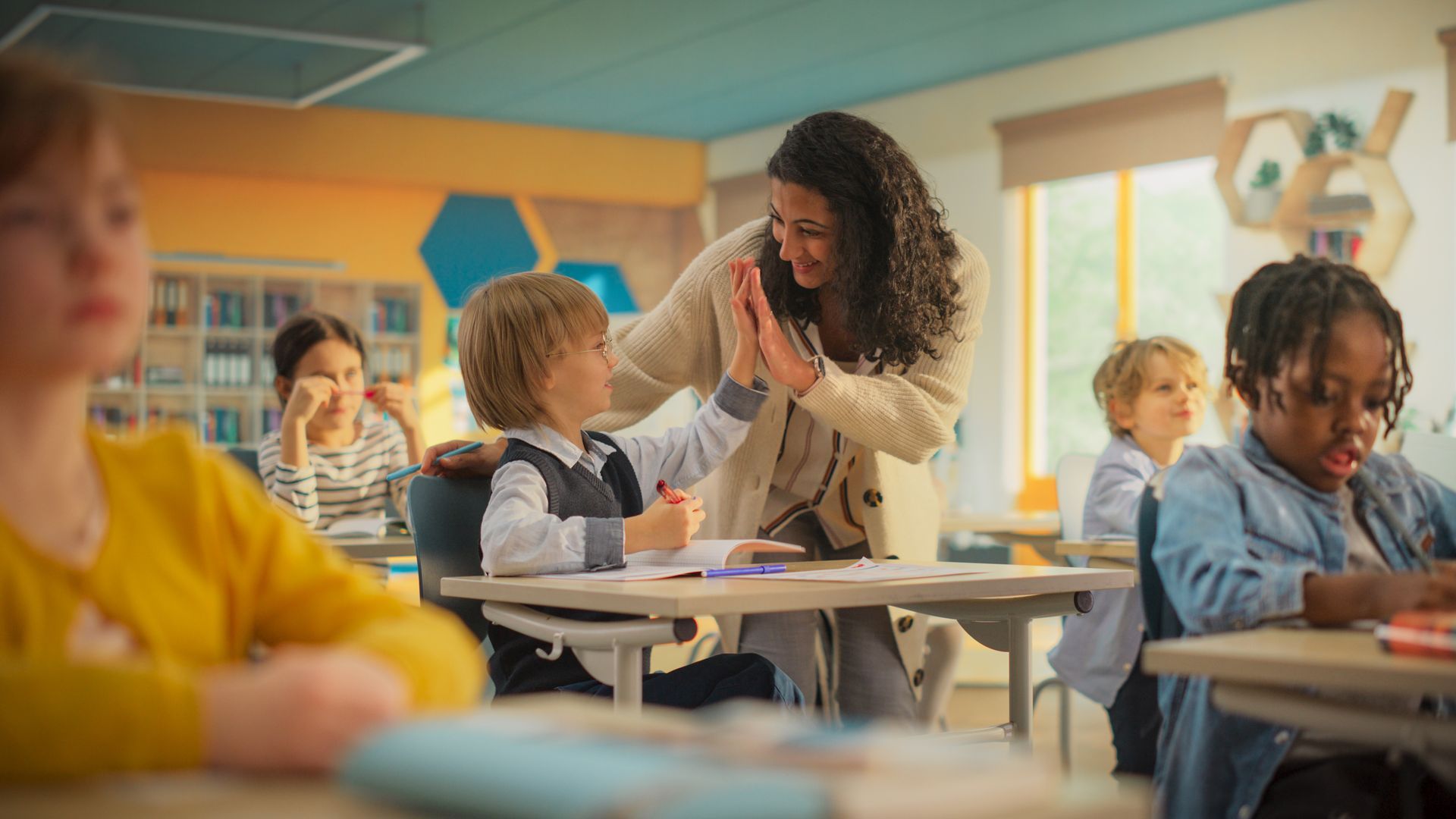Elementary Program
Our Programs
Infant Toddler
Preschool-K
Elementary
Middle School
Swim
Summer
Montessori Elementary School
6 to 12 Years
The nature of the child is the primary consideration in the design of the Montessori Elementary School environment. The child recapitulates the development of humanity in their own growth. Prior to the age of six, children want to name everything they possibly can. They want to know what and where, primarily interested in facts. After the age of six, children want to know why, how and when. They're now interested in reasons and explanations. The primarily tools of the child of this age are their imagination and their ability to think abstractly. The child also becomes more interested in social interactions with their peers.
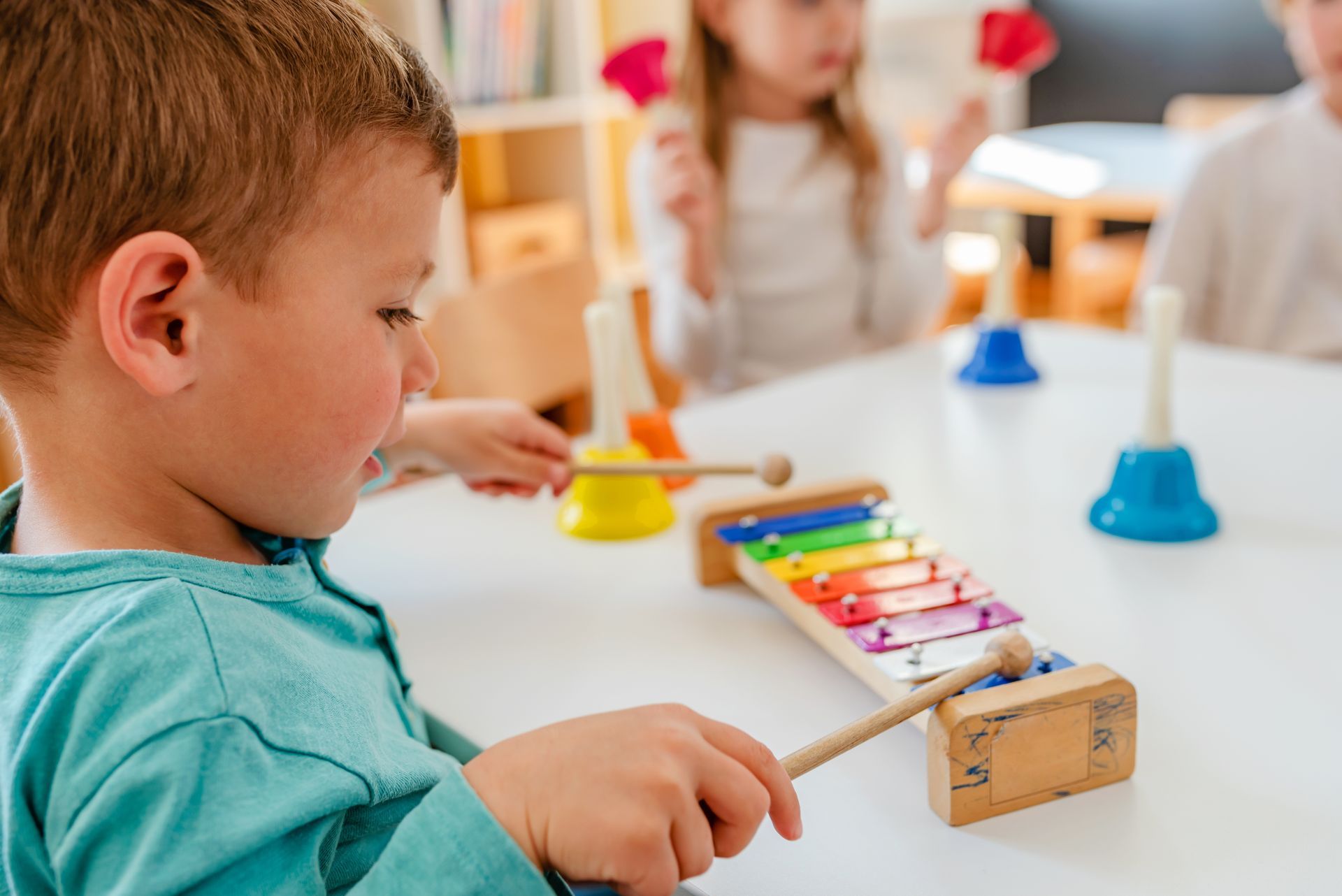
The general curriculum in the Montessori Elementary School program encourages intellectual growth in a pressure free environment. Many levels of ability and variations in pace are accommodated because of the individual use of materials. A child who requires more time or repetition to internalize a particular skill or concept may work for many days or weeks with a particular piece of equipment.Advanced children in the same room can move from one piece of material to another very quickly, thus avoiding the boredom of waiting for other members of the class to catch up, and continuously be challenged. Key presentations (or lessons) show the possible uses of the material. The adult giving the presentation uses what is appropriate developmentally for the individual child or children involved. Suggestions for extensions of the exercises and related activities are given, but not elaborated on because the ensuing activities are a result of the response and interest of the children. The Montessori curriculum gives a basic framework that is open-ended and has proven to be a successful model for elementary school students.
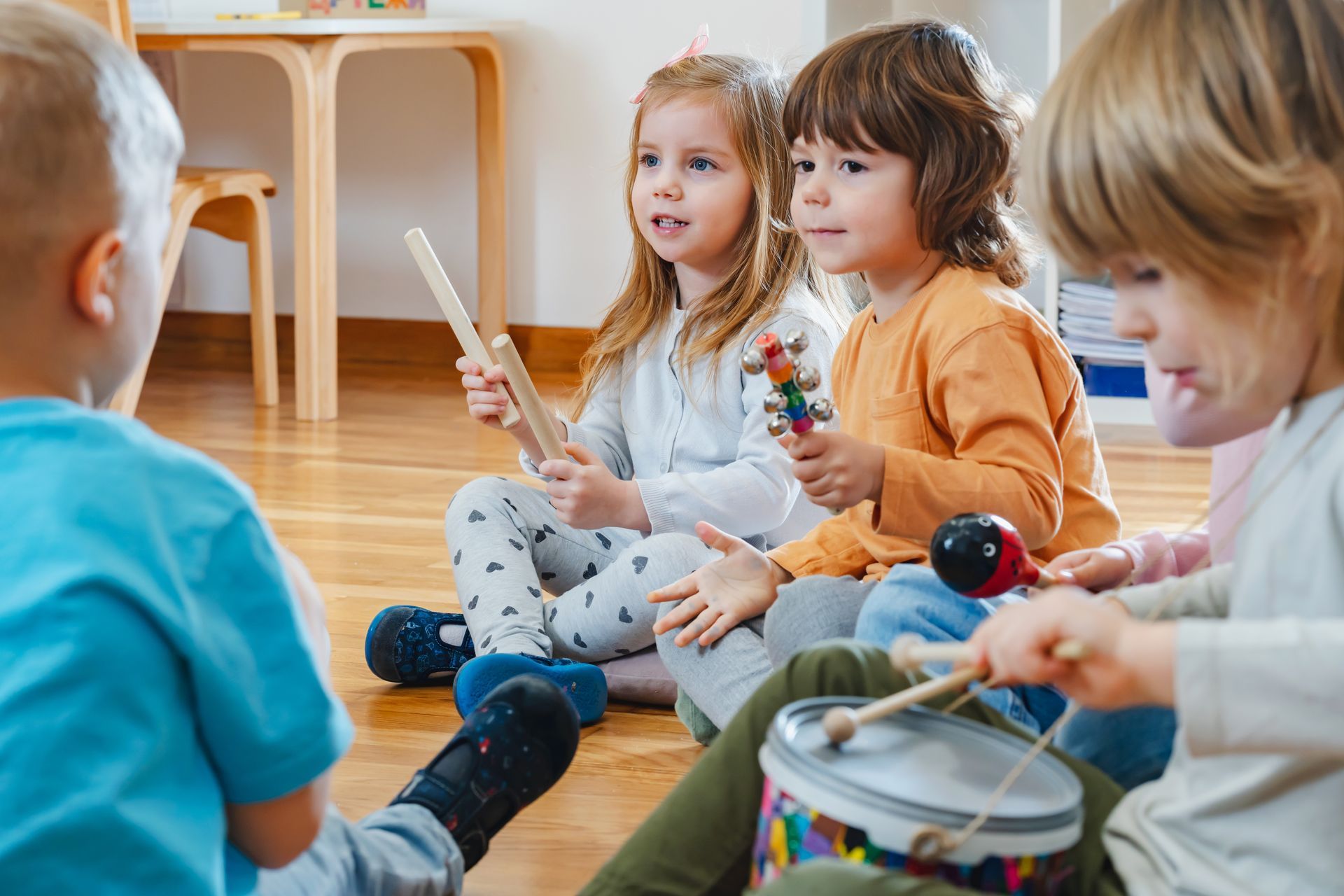
A young child is attracted to activities that give them independence and control of their own lives. Special Montessori materials enable your child to tie, button, snap, and use many other fastening devices. These are achieved through preschool games, preschool activities, kindergarten games, preschool crafts and much more which are all included in our Montessori preschool - kindergarten program.The purpose of these exercises is to develop concentration and attention to detail as your child follows a regular sequence of actions, finishing each task and putting away all materials before going on to another activity. Another important need of the young child is to develop their muscles and coordinate their movements through such practical life exercises as sweeping, polishing, carrying and pouring water, and washing a table. These activities provide the very foundation on which the child approaches more intricate academic exercises that they will encounter in elementary and middle school.

Concrete montessori elementary mathematical materials permit the child to obtain a clear understanding of abstract mathematical concepts. From a clear conceptual understanding, the child proceeds rationally to the particular processes of calculation, which becomes intensely interesting when the child can understand their full significance.The customary series of routine operations are transformed into an understanding of the structure of the decimal system to the calculation of whole and decimal numbers, the concepts of divisibility of fractions, ratio, proportion, square and cube roots, and more. The program is flexible and is adjusted with respect to the changing interests and capacities of the individual child's growing mind. The child is presented with the large view of mathematics, plane geometry and algebra enabling the child to appreciate mathematics as a pure science.

History follows the development of the solar system, life on earth, the development of man, early civilizations and recorded history. The child sees the long labor of man to accomplish all that is here for present day mankind to enjoy. The study of geography is designed to show how the physical configurations of the earth contribute to the history of mankind.The study of physical geography is the basis for the study of economic geography, which shows the interdependence of all mankind.

In our Montessori Elementary Science program, the first science experiments are designed to give the child the basic knowledge which will make possible the understanding of the development of the solar system, the earth and its configurations, life on earth and the needs of plants and animals. The result we hope for is that the child sees that each individual life on Earth as serving the good of the whole.The unfolding of life benefits learning, and children learn they have a place in the world and a responsibility to help further it. Biology is structured in such a way as to give the child a means of classification so that they can structure and relate to the facts of biology. The study reveals to the child that classification follows evolution. The ultimate goal is an ecological view of the life and a feeling of responsibility for the environment.

The Montessori Method introduces grammar, geography, geology, biology, and history to children between the ages of three and six. The reason is that at this age, children can joyfully absorb many difficult concepts if they meet them in concrete form. The common stumbling blocks in the middle school and elementary grades can be exciting if they are presented to youngsters at an earlier age, when they enjoy manipulating with their hands.In a Montessori school, a unit or fraction is not simply a number on a paper; it is something tangible. A verb is not just a word on a paper; it is something your child can cut out. Students can pour water around an island or form a square with five rows of five beads each. The materials that make these concepts tangible for your child will serve as touchstones in their memory for many years, to clarify abstract terms when they meet them again and again in future learning situations. Kindergartners and preschoolers have never had so much fun while learning organically!
